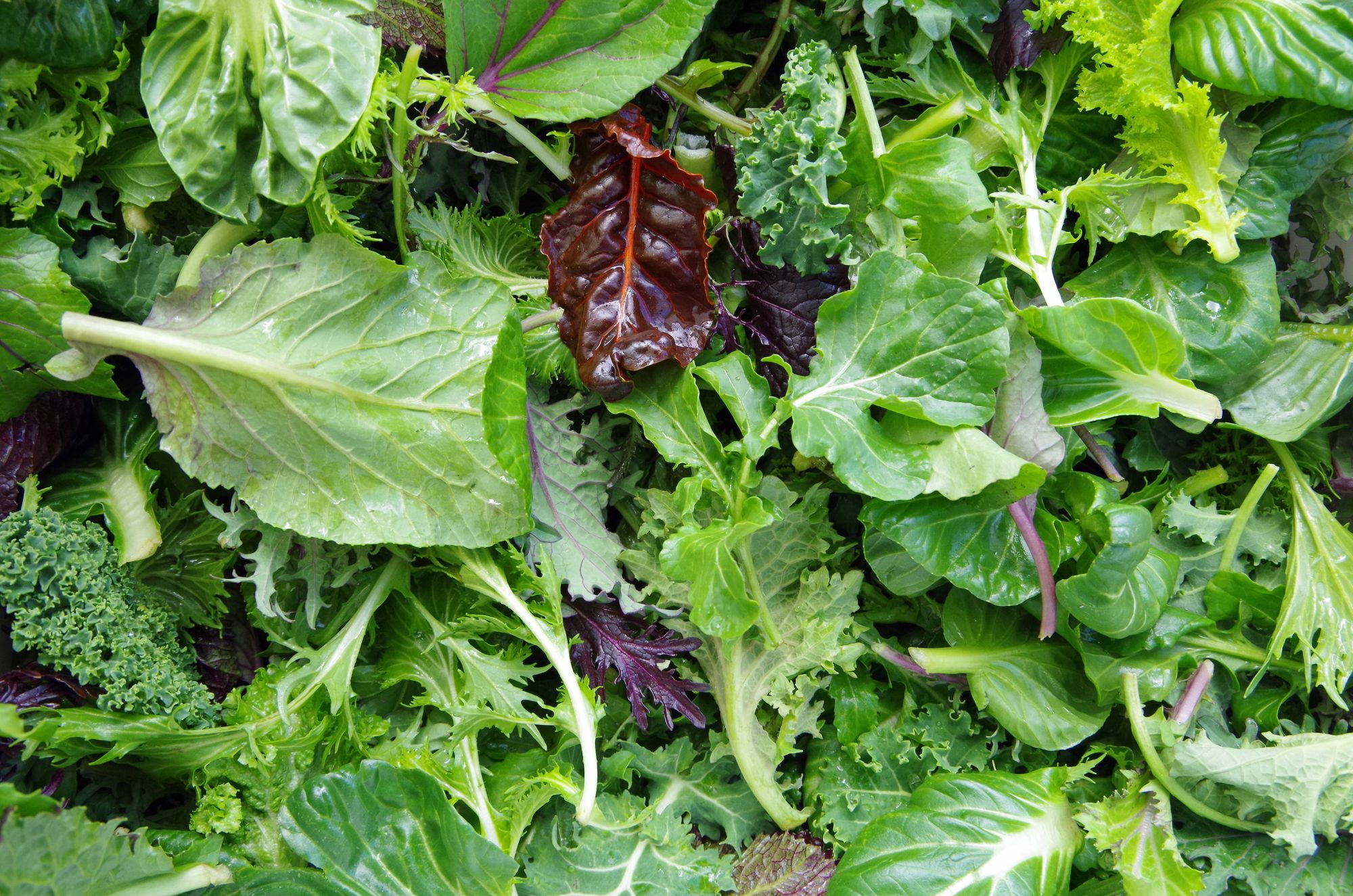How to Slow Down Ageing After 50: The 9 Hallmarks

Summary: Learn how the 9 biological hallmarks of ageing affect you after 50, and practical ways to stay healthier longer.
Aging is an inevitable part of life, but how we age—and how well—may be more in our control than we realize. According to Greg Macpherson, a professional chemist and CEO of Science Research Wellness (SRW), up to 80% of the aging process is driven by lifestyle choices, not genetics, as stated in his featured profile in the March 9 issue of AGEIST.
This means small, everyday decisions can make a big difference in how you feel and function as you move through midlife and beyond.
Macpherson’s book, Harnessing the Nine Hallmarks of Aging: To Live Your Healthiest Life, simplifies the complex science of aging into actionable strategies that anyone can follow.
At its core, the book emphasizes understanding and addressing nine key "hallmarks of aging"—biological processes that underpin how and why we age. It’s possible to slow aging and maintain youthful energy and health well past 50 by taking steps to combat these factors.
Here’s a breakdown of the nine hallmarks and what you can do to tackle them.
1. Genomic Instability (DNA "Typos")
Think of your DNA as the instruction manual for your body's cells. Over time, copying errors—or "typos"—can develop in your DNA, leading to cell dysfunction or disease.
Action:
- Eat antioxidant-rich foods (fruits, vegetables, whole grains) to support DNA repair.
- Avoid smoking and limit alcohol, which can damage DNA.
- Exercise regularly to boost your body's natural repair systems.
- Practice stress management with mindfulness or meditation.
- Stay on top of routine health check-ups to catch potential issues early.
2. Telomere Shortening (Worn-Out Shoelace Tips)
Telomeres are like the plastic tips on shoelaces—they protect your DNA ends during cell division. But these telomeres wear down with age, leading to cells becoming dormant or dying. Shorter telomeres are linked to faster aging and increased risk of chronic diseases.
Action:
- Maintain a balanced lifestyle with regular exercise and quality sleep.
- Manage stress using mindfulness techniques to slow telomere shortening.
- Avoid smoking and excessive alcohol, which accelerate telomere wear.
- Eat a nutrient-dense diet including fruits, vegetables, and lean proteins.
3. Epigenetic Changes (Volume Control for Your Genes)
If your genes are like music playing on a stereo, aging can mess with the volume controls—making some genes overly active while silencing others. These "volume changes" can disrupt normal cell function and increase disease risk.
Action:
- Consume nutrient-rich foods that influence gene expression, like leafy greens and lean proteins.
- Exercise regularly and maintain a healthy weight.
- Avoid environmental toxins like smoke and excess alcohol.
- Incorporate stress-reducing practices such as yoga or meditation.

4. Loss of Proteostasis (Failed Quality Control)
Proteins are the workhorses of your cells, responsible for carrying out critical tasks. Over time, cells lose their ability to correctly fold and maintain proteins, leading to harmful buildups. This is linked to diseases like Alzheimer’s.
Action:
- Prioritize lean proteins in your diet and include anti-inflammatory foods like turmeric to support cell-cleaning processes.
- Follow a consistent sleep schedule to help your body repair damaged proteins.
- Exercise regularly—movement helps clear out cellular waste.
5. Deregulated Nutrient-Sensing (Confused Hunger Signals)
Normally, your body has a system to detect nutrients and gauge when to grow or conserve energy. As you age, this system can malfunction, leading to overeating or poor nutrient absorption, increasing your risk of diabetes or obesity.
Action:
- Stick to a balanced diet free of processed foods.
- Try intermittent fasting or calorie moderation to reset your body’s hunger signals.
- Exercise regularly to stabilize insulin levels and boost nutrient sensing.
6. Mitochondrial Dysfunction (Power Plant Shutdown)
Mitochondria are your cells’ energy factories. Over time, these “powerhouses” become less efficient, leading to sluggish cell function, fatigue, and an accelerated aging process.
Action:
- Engage in aerobic exercise to stimulate the growth of new mitochondria.
- Eat foods high in antioxidants (like berries and spinach) to protect your mitochondria from damage.
- Consider supplements like CoQ10 or astaxanthin that support mitochondrial health.
7. Cellular Senescence ("Zombie" Cells)
Some aging cells stop dividing properly but don’t die off. Instead, they send harmful signals to neighboring cells, promoting inflammation and accelerating aging.
Action:
- Stay active—exercise encourages your body to remove “zombie” cells naturally.
- Maintain a healthy diet emphasizing anti-inflammatory foods.
- Look into natural compounds like quercetin or fisetin, which support healthy cell renewal.

8. Stem Cell Exhaustion (Running Out of Replacements)
Stem cells are your body’s backups for repairing damaged tissues. But as you age, your reserves diminish, slowing down your body’s ability to heal.
Action:
- Preserve stem cell health with consistent exercise, nutritious meals, and restorative sleep.
- Avoid habits that harm your cells, like smoking and poor diet choices.
9. Altered Cell Communication (Broken Signals)
Your cells are constantly communicating with each other to keep your body running smoothly. Aging can disrupt these signals, leading to internal “miscommunication” that increases health risks.
Action:
- Use stress reduction techniques, like meditation, to improve cellular communication.
- Stay socially connected and cultivate a positive outlook on life.
Why Midlifers Should Care About Healthy Aging
The hallmarks of aging aren’t just abstract biological concepts—they have a direct impact on the way your body feels and functions.
By addressing these areas proactively, you can increase your odds of staying healthy, active, and independent well into your golden years.
Studies published in leading journals, like Nature, reinforce Macpherson’s claim that lifestyle, rather than genetics, drives most of the aging process.
With the majority of it in your control, small shifts like swapping processed foods for whole foods, incorporating daily walks, or managing stress can pay dividends across your health and longevity.
Changing Your Approach to Aging
Macpherson’s work is making longevity science accessible to everyone. His holistic approach emphasizes practical, science-backed habits that anyone can adapt to improve their quality of life.
The key message is that we have more control over ageing than we might initially believe. He presents a convincing argument, stating that our way of life and routine activities are responsible for 80% of our aging process.
Beyond the science, Macpherson practices what he preaches—regular exercise, nutritious eating, and a positive mindset. His dedication inspires confidence and reinforces the message that healthy aging is attainable for all.
Several studies support this idea. For instance, a piece in Nature similarly highlights the impact of lifestyle decisions on our health and the rate of aging.
By understanding the science behind aging, you can greatly influence how you live—leading to a healthier, more vibrant version of yourself. Make small, intentional changes today for a better tomorrow—and stay curious about the evolving world of longevity science.
For more tips on how to live longer and healthier, explore actionable anti-aging strategies in Greg Macpherson’s book today!
Further Reading
- The Telomere Effect: A Revolutionary Approach to Living Younger, Healthier, Longer, by Dr. Elizabeth Blackburn and Dr. Elissa Epel. This book provides an in-depth look at how our telomeres (the ends of our chromosomes that dictate how fast we age) can be protected and extended for a healthier, longer life.
- Lifespan: Why We Age—and Why We Don't Have To, by David Sinclair, a renowned Harvard Medical School geneticist. Sinclair explores the biological mechanisms of aging and the potential future of longevity.
- The Blue Zones: 9 Lessons for Living Longer From the People Who've Lived the Longest, by Dan Buettner, a renowned longevity expert who draws on research from long-lived communities around the world called "Blue Zones."
Editor's note: Remember that this summary provides an overview of significant themes mentioned in the study, with our insights thrown in for good measure. For the full context and depth of content, always refer back to the original studies and articles.






